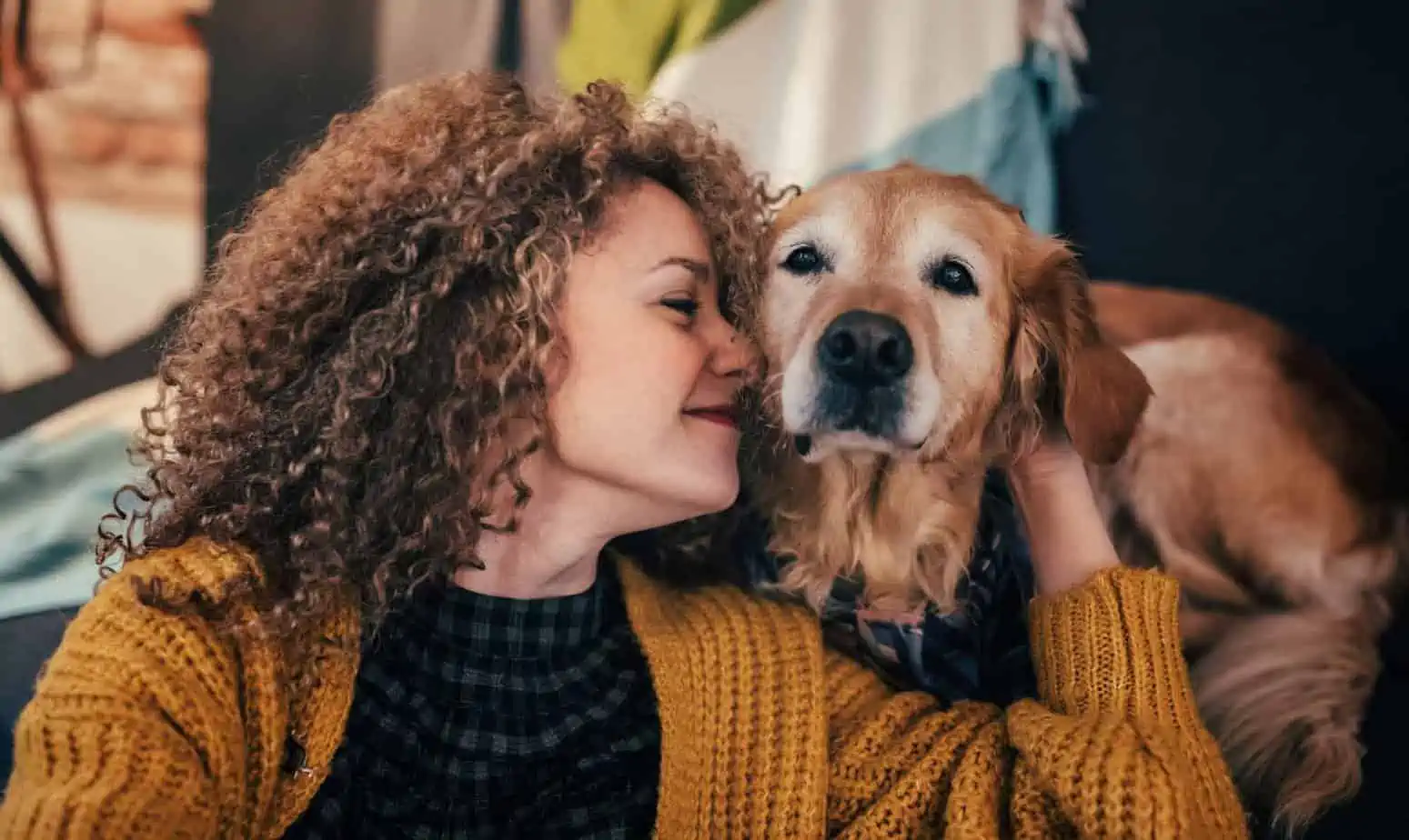Most would agree that dogs are cute, but according to studies, they also do wonders for your physical and mental health. And many, including Steve-O, agree that dogs can help those in recovery stay sober. If you are in recovery and need some extra support to stay on track, a furry friend might just be the answer you are looking for. Below are five ways that dogs can help you lead a healthier, happier life.
Note that not everyone is ready for the hard work that comes along with owning a dog, particularly those in early recovery. Before getting a dog, it is important to ask yourself if you have the time and financial stability for a pet. It is okay to not be ready. There are many ways you can still benefit from the companionship of a dog, such as dog-sitting for a friend or volunteering at your local animal shelter.
1. Dogs can reduce anxiety and stress.
As someone in recovery, you know that stress, anxiety, and depression can often trigger a relapse, and keeping these emotions at bay is crucial to your sobriety. According to research, dogs can help. Various studies show that being around dogs lowers your cortisol levels, helping to reduce anxiety and stress and making you less prone to depression. According to a study by the University of New York, in times of stress, pets can sometimes even offer more comfort than family or friends.
2. Dogs provide companionship and love you unconditionally.
A warm and caring environment is important in recovery, and who better to provide unconditional love and support than a dog? You can rest assured that your furry friend won’t ever judge you or question your feelings, and they will always be there to cuddle with you when you need them the most. Dogs also help stave off loneliness, which is a common relapse trigger.
3. Dogs teach you responsibility and time management skills.
Dogs are fun, but they also need to be fed, walked, bathed, and taken to the veterinarian. Having one requires you to manage your time better, prioritize tasks, and practice kindness, patience, and compassion. You can’t simply not feed them because you don’t want to drive to the store to buy their food or leave them alone for the weekend to go on a road trip. Having a dog requires you to think ahead, plan, and sometimes make sacrifices. Caring for another living creature is not always easy, but it is rewarding and teaches you valuable life skills.
4. Dogs encourage you to stay active and spend time outdoors.
The benefits of spending time outdoors are endless, but sometimes finding the motivation to go for a jog can be tough. Fortunately, having a dog makes trading your couch and Netflix for some sun and fresh air a lot easier. Because your dog’s well-being depends on how much exercise they get, you will find yourself being more active. Whether it is daily morning walks or playing fetch in the backyard, having a dog helps you exercise without even realizing it.
5. Dogs help you meet new people and make friends.
Busy work schedules and family obligations can make it challenging to make new friends. And because alcohol is at the center of most social events, making friends as someone in recovery can be even tougher. Dogs can help. Not only does having a dog encourage you to spend more time at the park or jogging on a trail, where you are likely to meet others interested in wellness but studies have found that dog owners are more outgoing and extroverted. Having your dog by your side will help you spark up conversations with other dog owners and make you more friendly and approachable to everyone else.
If you or a loved one is struggling with addiction, Mountainside can help.
Click here or call (888) 833-4676 to speak with one of our addiction treatment experts.

 By
By 







